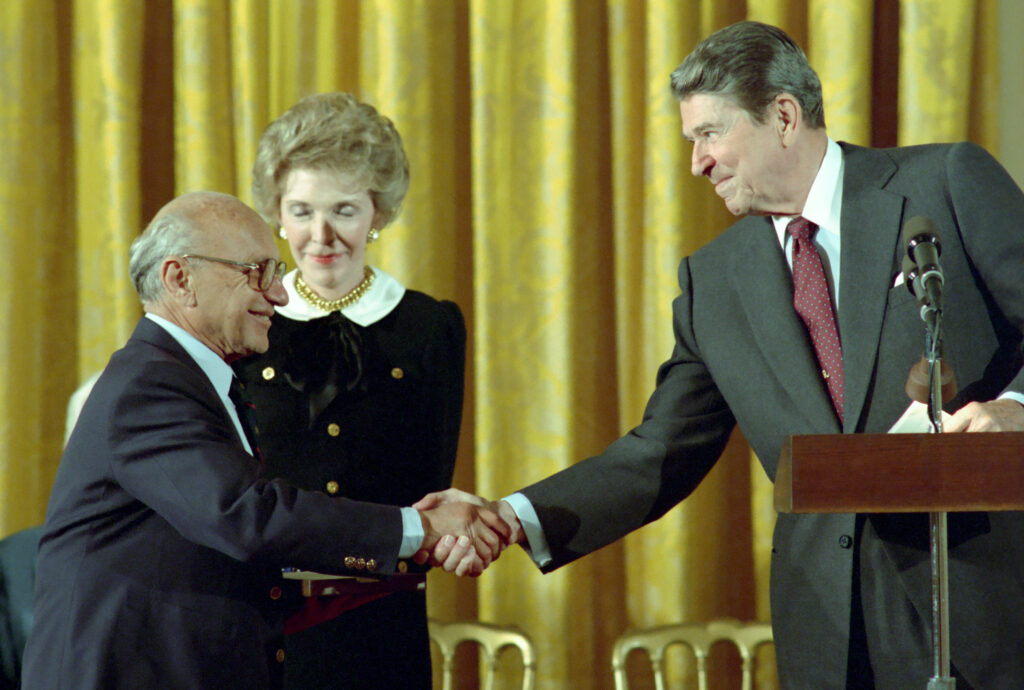
“Look, I hope everybody’s realized by now, these masks make a difference,” said President Joe Biden in response to the lifting of mask mandates in Texas and Mississippi. “[T]he last thing we need is Neanderthal thinking that [as vaccines roll out], everything’s fine, take off your mask, forget it. It still matters.”
Biden’s statement abandons “the science” in at least two ways.
Firstly, Neanderthals appear to have been about as smart as their Cro-Magnon counterparts (our most direct ancestors, although many humans have some Neanderthal ancestry as well).
More importantly, published, peer-reviewed scientific studies have yet to demonstrate any significant impact of masks on the spread of viral disease. “The science” doesn’t say that “masks make a difference.”
It’s important to remember that correlation and causation are not the same thing and that there can be many factors involved, but let’s look at some raw information:
America’s two most “locked-down and masked-up” states — New Jersey and New York — are also the two hardest-hit. They’ve suffered, respectively, 264 and 245 COVID-19 deaths per 100,000 population.
Meanwhile, Florida — where there’s no statewide mask mandate and where local authorities are forbidden by state law to enforce mandates on individuals with arrests and fines — is in far better shape at 146 deaths per 100,000 population.
Texas, which has been slightly more authoritarian on COVID-19 than Florida, is also in slightly worse shape than Florida (but in far better shape than New York or New Jersey) at 155 deaths per 100,000 population.
Missouri, which seemed ultra-casual about masking when I visited last August for my mother’s funeral (she caught COVID-19 in a locked-down, masked-up nursing home) is doing even better than Florida at 140 deaths per 100,000 population.
Like I said, correlation is not causation. There could be many reasons for those differences, including but not limited to climate, population density, prevalent disease strain, etc.
But for the same reason, what there is NOT is anything approaching certainty that masks in general, or mask mandates in particular, save lives. If there’s a plausible conclusion to be drawn at all, it’s that they don’t.
This time last year, the US Surgeon General Jerome Adams was scolding Americans to stop buying up masks, while National Institute of Allergy and Infectious Diseases director Anthony Fauci was telling 60 Minutes, “there’s no reason to be walking around with a mask …. wearing a mask might make people feel a little bit better, and it might even block a droplet. But it’s not providing the perfect protection that people think that it is.”
Adams and Fauci were right back then, before politics pushed them away from the truth.
In the future, the most interesting topic related to COVID-19 will probably be not the disease itself, but the question of how an initially voluntary and seemingly commonsense measure snowballed into a fad driven by politically cultivated mass hysteria, then into what can only be described as a government establishment of religion.
The Cult of the Sacred Mask is disintegrating. Joe Biden should resign its ceremonial papacy and focus on merely being president.
Thomas L. Knapp (Twitter: @thomaslknapp) is director and senior news analyst at the William Lloyd Garrison Center for Libertarian Advocacy Journalism (thegarrisoncenter.org). He lives and works in north central Florida.
PUBLICATION/CITATION HISTORY
- “Mask Mandates: Pope Joe versus ‘The Science,'” by Thomas L. Knapp, Anchorage, Alaska Press, 03/08/21
- “Mask Mandates: Pope Joe versus ‘The Science,” by Thomas L. Knapp, Ventura County, California Citizens Journal, 03/10/21
- “Mask mandates: Pope Joe versus ‘The Science,’” by Thomas L. Knapp, Havasu City, Arizona News-Herald, 03/12/21


